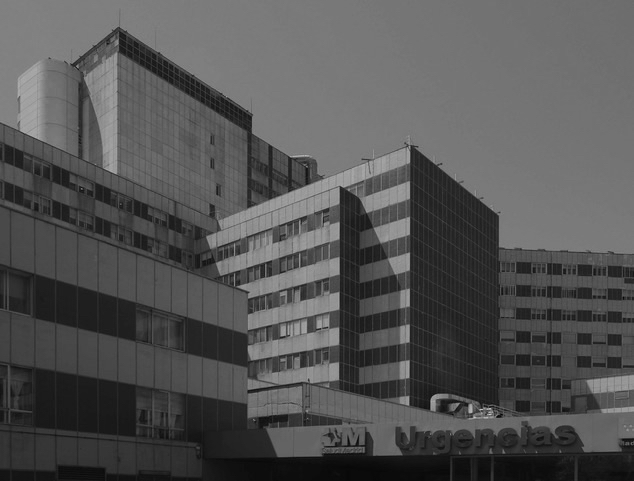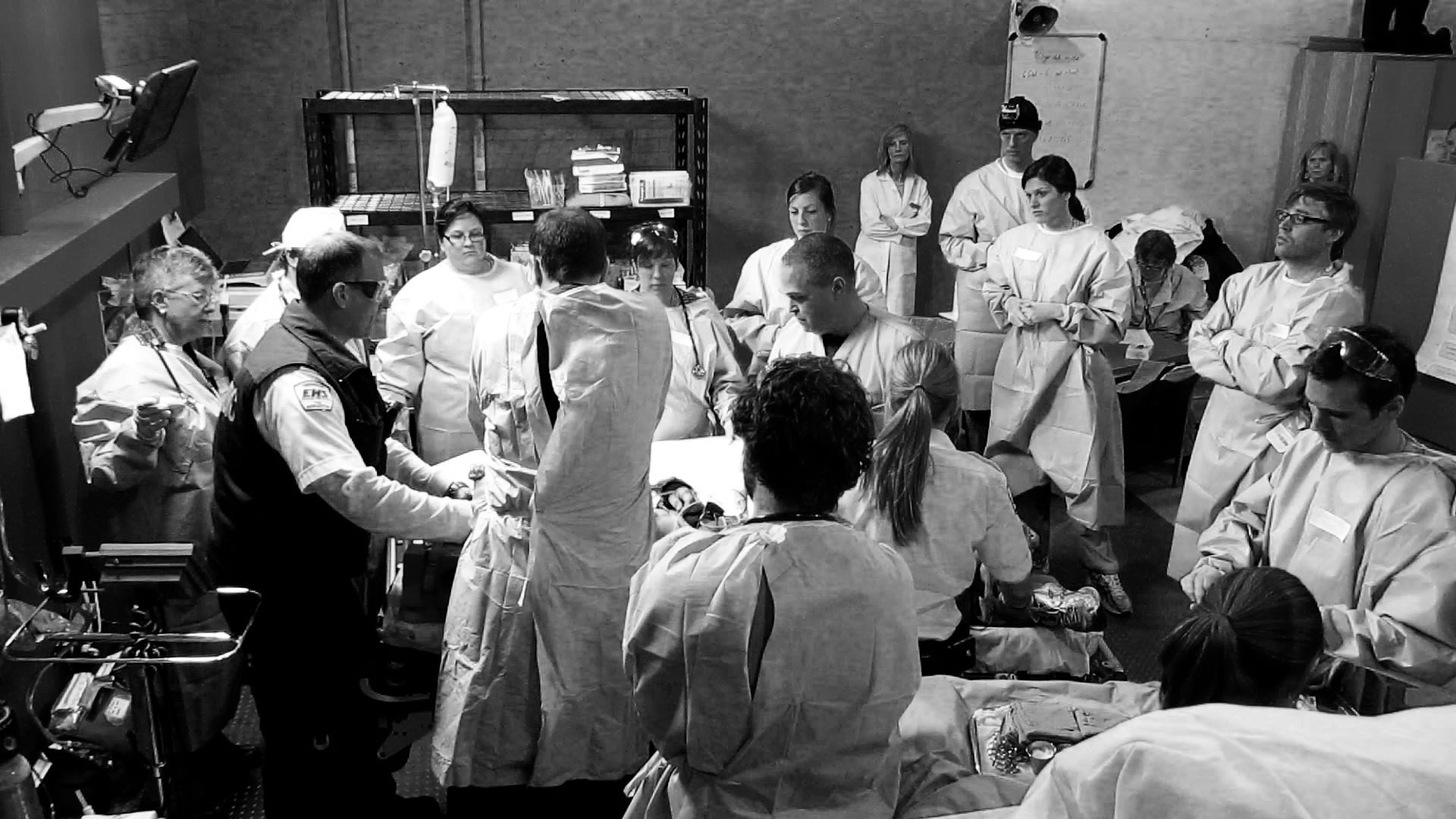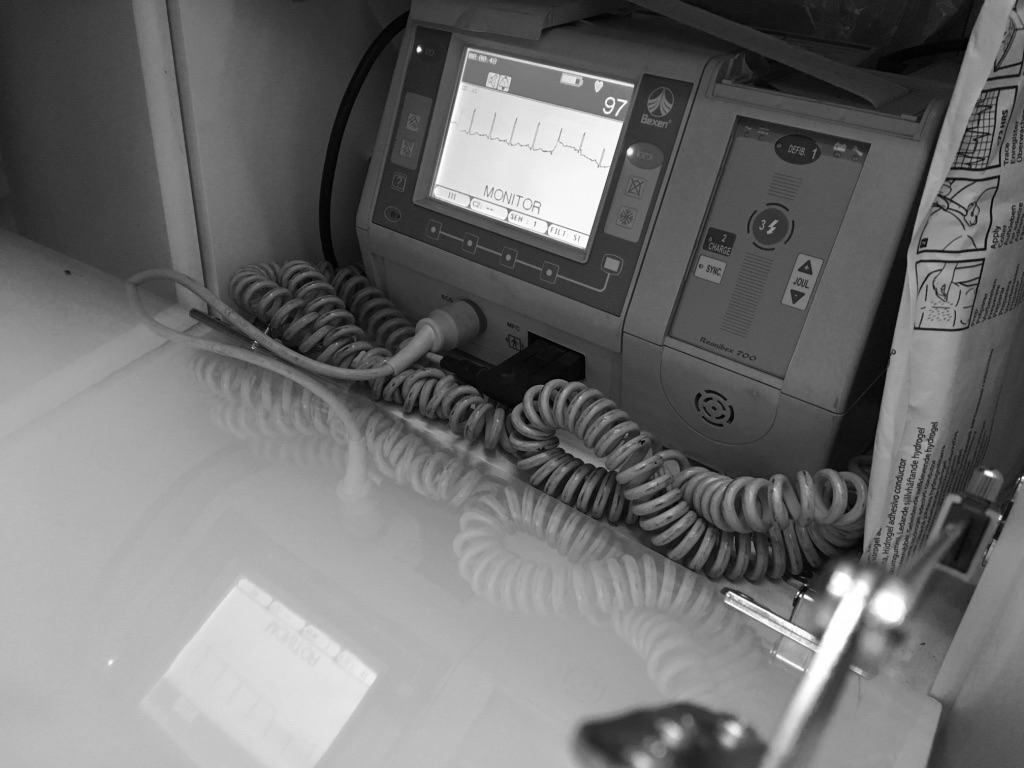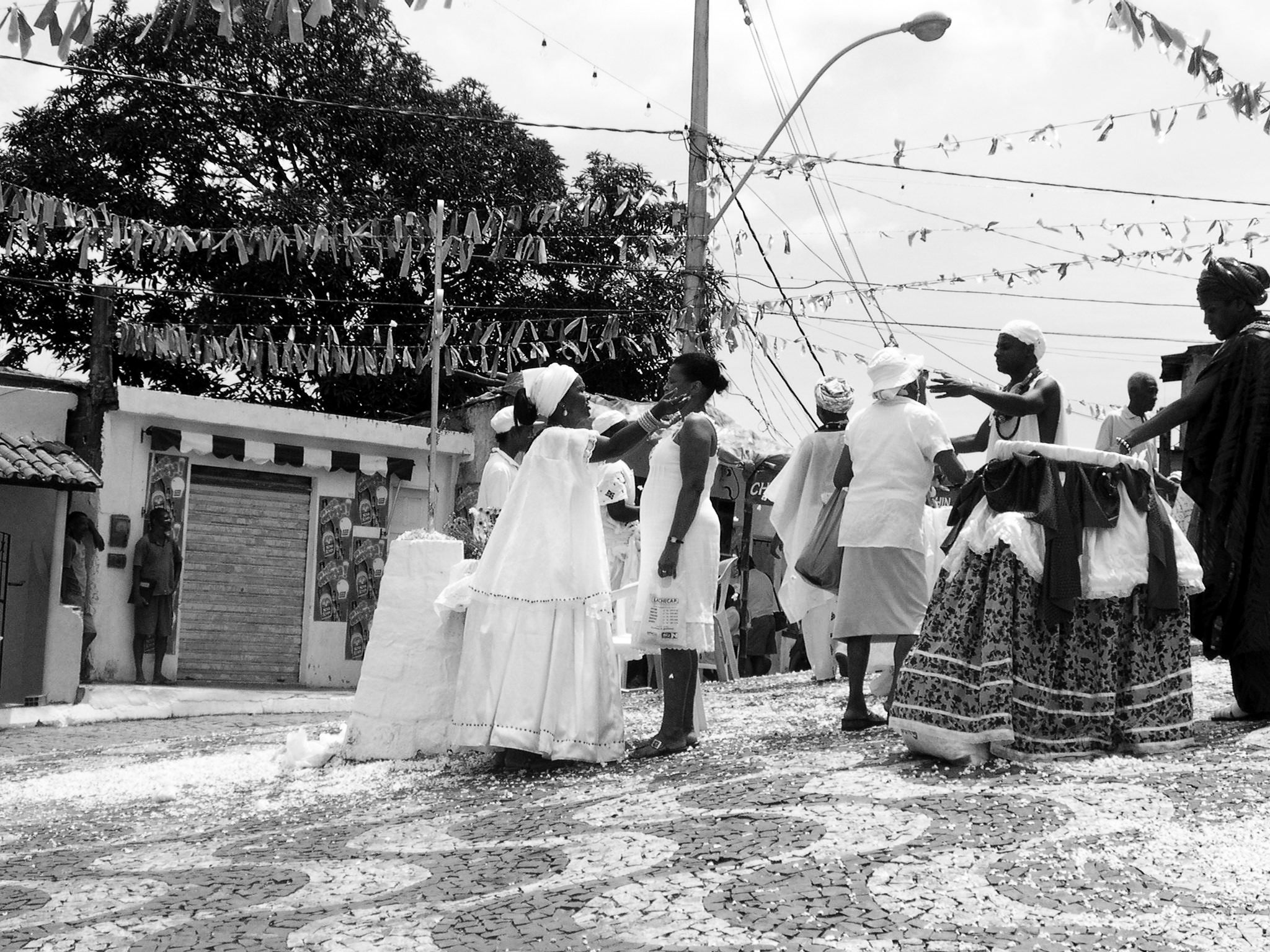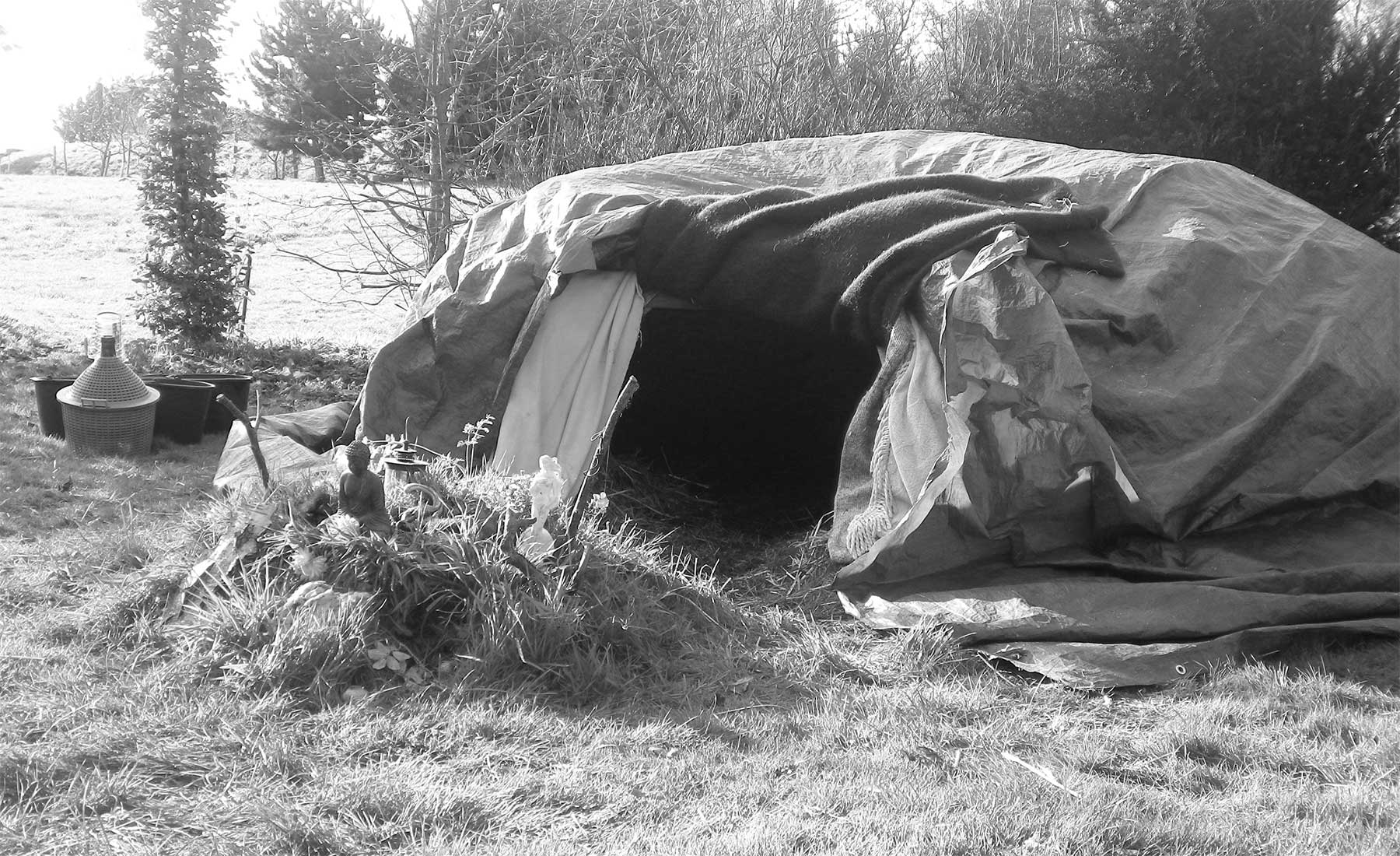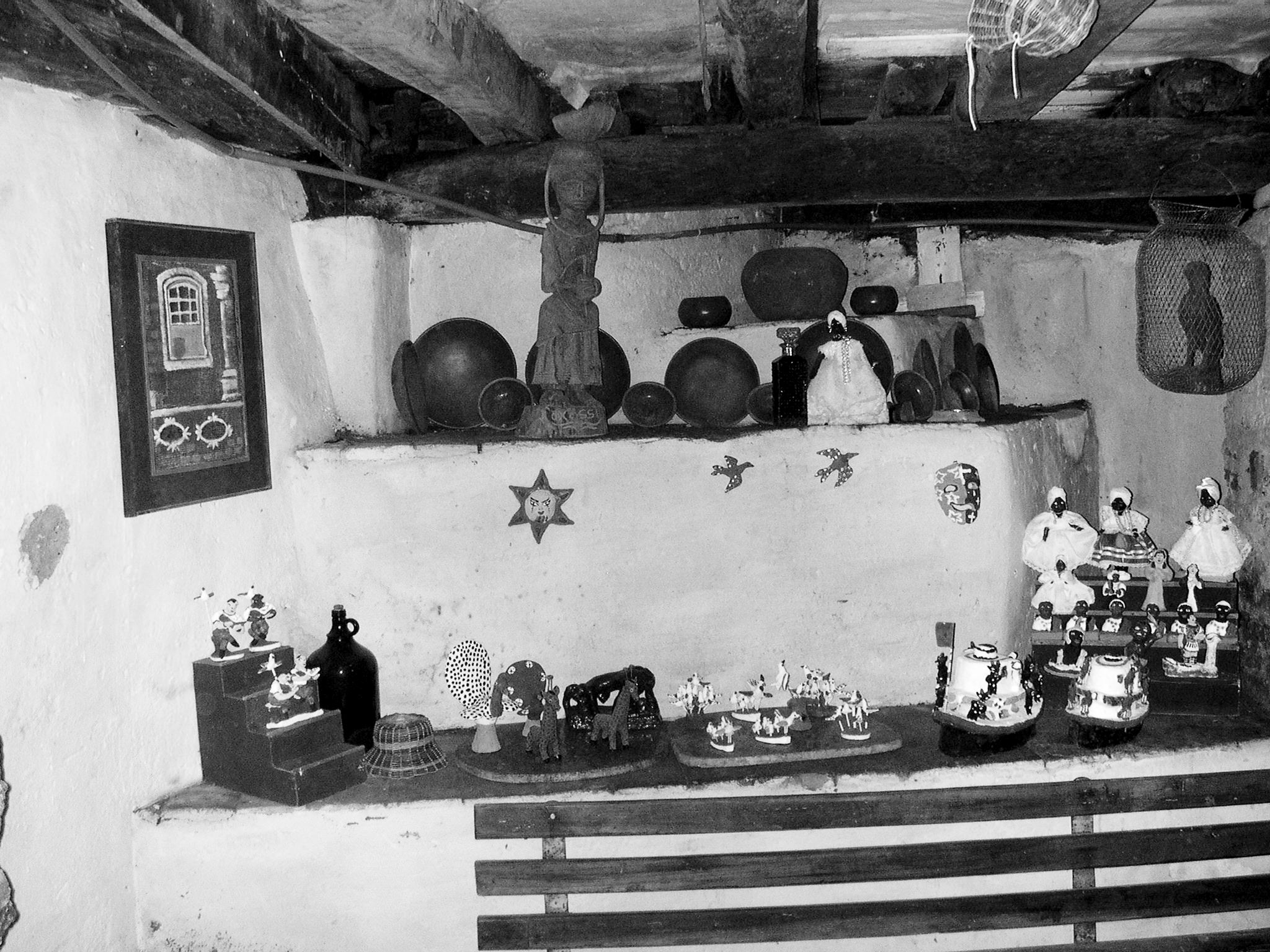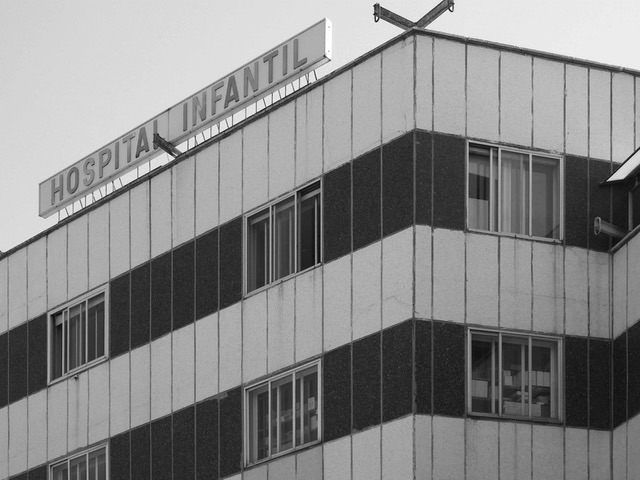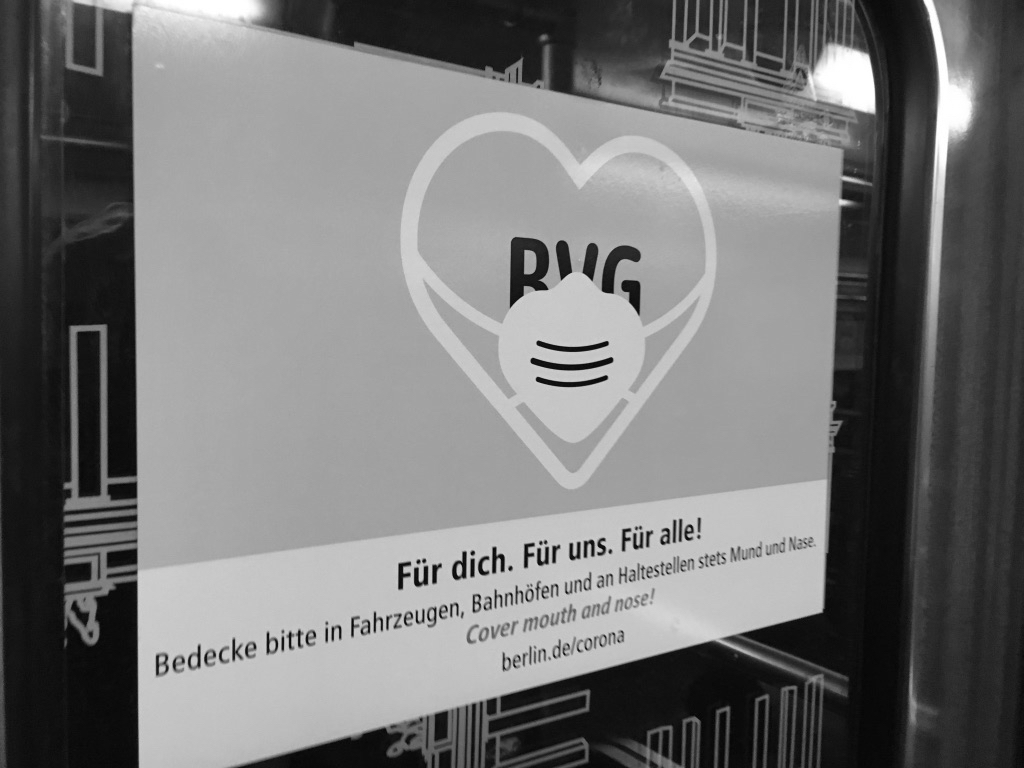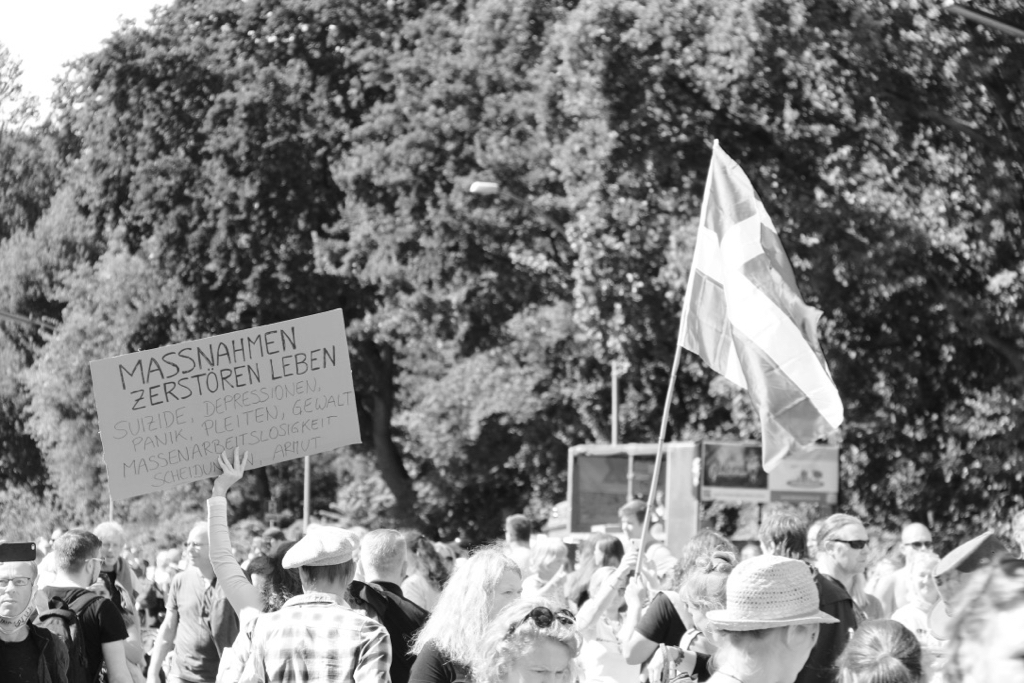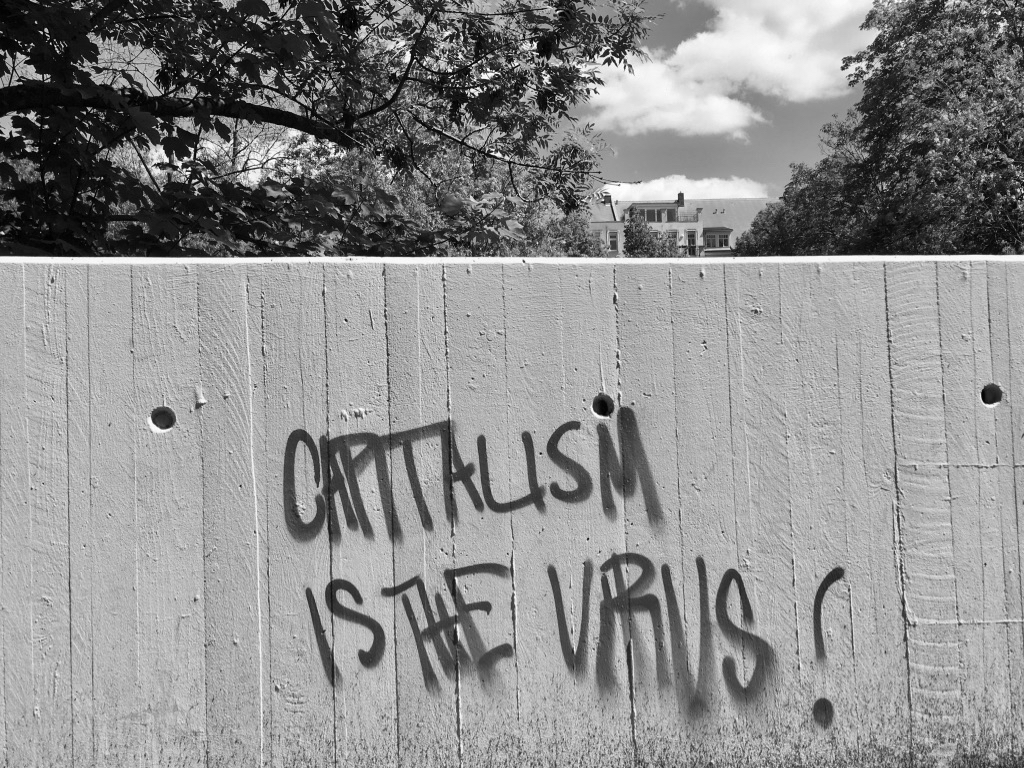AGEM
Welcome to the Association for Anthropology and Medicine (AGEM)
The AGEM is a non-profit association founded in Hamburg in 1970 with the aim of promoting cooperation between medicine, the related natural sciences and the historical and social sciences.
What we are doing
- Publication of the journal Curare
- Organising of events
- Documentation of literature and information
Curare
Curare
Journal of Medical Anthropology
Events
No events

